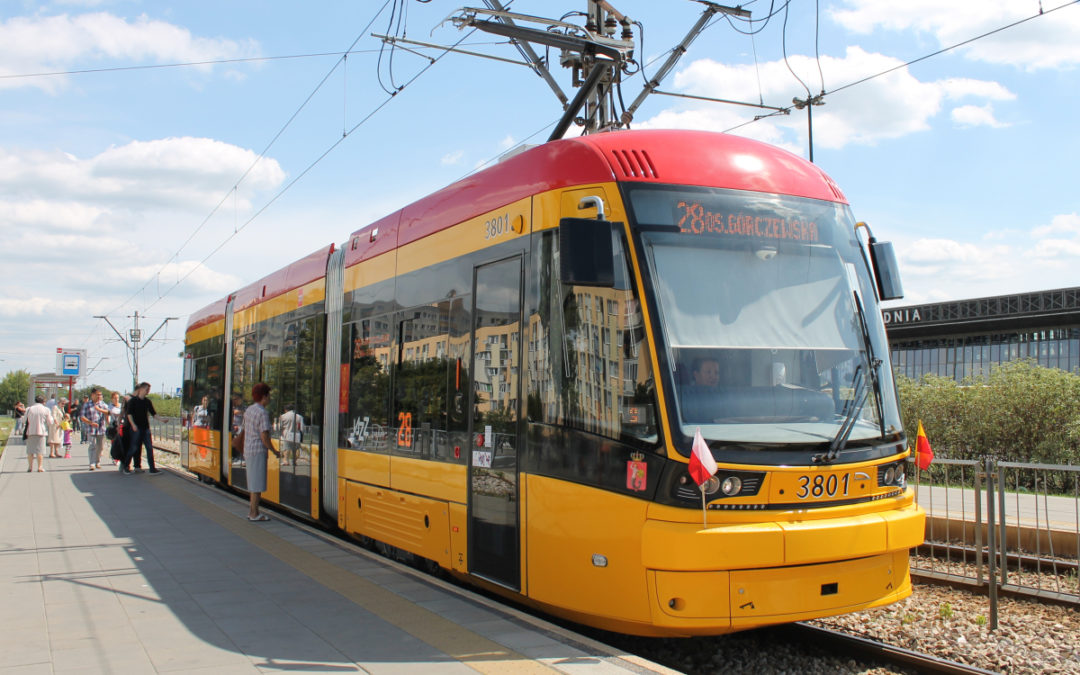Warsaw has won the European Union’s annual Access City Award, given to the city that has done the most to improve accessibility for people with disabilities.
“Warsaw is a model for others, showing that a lot can be done in a very short amount of time and that commitment can be key to success,” said European Commissioner for Employment, Social Affairs, Skills and Labour Mobility, Marianne Thyssen.
“By involving people with disabilities and accessibility needs in its endeavour to make the city more accessible, Warsaw was able to make a substantial overall improvement.”
The award was launched in 2010 and is given each year to the city that has done most to improve accessibility in city living, and has concrete plans for further improvements. Previous winners include Berlin, Milan and Lyon.
The European Commission commended Warsaw’s ongoing efforts to remove any barriers in the city, and noted that all new public infrastructure needs to comply with accessibility rules.
All 30 of the city’s metro stations are now accessible, while all buses and many bus stops have been renovated to improve accessibility. Warsaw has also worked to make its website more accessible, as well as developing a new accessible mobile app.
The winner of the Access City Award 2020: Warsaw, Poland
? And the winner is… ?? Warsaw!The capital of Poland takes the top spot at the #EUAccessCity Awards 2020:"The city is a model for other cities, showing that a lot can be done in a very short amount of time to make it more accessible for people with disabilities & that commitment can be key to success!" – Marianne Thyssen, European Commissioner for Social Affairs, Skills and Labour Mobility European Commission#EDPD2019
Opublikowany przez Social Europe Piątek, 29 listopada 2019
Other Polish cities have also been working to improve access. Kraków, whose medieval Old Town presents particular challenges for accessibility, launched its “Kraków Without Barriers” programme over a decade ago.
“Kraków has come a long way,” says Chris McBride, a UK-based wheelchair user who regularly visits family in Poland. “All tram and bus routes now run at least one accessible service and lots of places have the ‘Kraków Without Barriers’ plaque highlighting they are accessible to all.”
Like other Polish cities, Kraków is “still a long way off universal access,” notes McBride. “But the contrast to a few years ago is plain to see.”
Last year, the Polish government launched a new national programme, Accessibility Plus, that committed 23 billion złoty over seven years to helping people with disabilities “overcome barriers” and ‘”increase their space of freedom”.
The announcement came amid a high-profile sit-in protest in parliament by people with disabilities and their parents, who were demanding more state support.
Last month, as part of the programme, the government organised a hackathon in which participants sought to create innovative applications and online solutions to help overcome accessibility barriers. The winning team was awarded 20,000 złoty for a tool that helps people with hearing impairments watch television and listen to the radio.
All of the major groups competing in October's election have put forwards detailed plans on how they would support people with disabilities. It is a welcome change for a group that traditionally does not get much attention in Poland, notes @rzeczpospolita https://t.co/90xAjjNrOF
— Notes from Poland ?? (@notesfrompoland) September 19, 2019
Main image credit: Muri/Wikimedia Commons (under CC BY-SA 4.0)

Daniel Tilles is editor-in-chief of Notes from Poland. He has written on Polish affairs for a wide range of publications, including Foreign Policy, POLITICO Europe, EUobserver and Dziennik Gazeta Prawna.




















